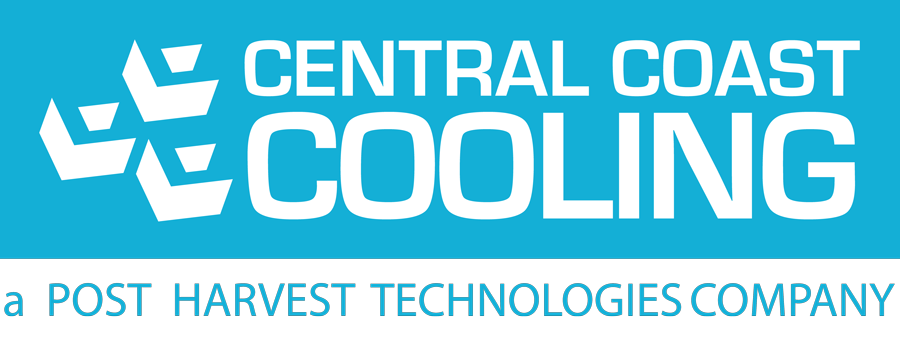In today’s fast-paced, digitally connected world, we are bombarded with information from every angle. News articles, social media updates, videos, podcasts, and advertisements flood our screens, all competing for our attention.
With so much data coming at us at lightning speed, it’s easy to react rather than respond, to accept rather than analyze. This is where critical thinking becomes not just important but essential.
Critical thinking is the ability to pause, analyze, and question the information we receive. It involves evaluating facts, recognizing biases—both ours and others—and making reasoned decisions instead of snap judgments. In a world filled with misinformation, half-truths, and persuasive messaging, honing our critical thinking skills can be the difference between being informed and being misled.
What is Critical Thinking?
Critical thinking is the process of actively and systematically questioning, analyzing, and evaluating information before forming a judgment. It is about engaging with content in a meaningful way, rather than passively consuming it. The core of critical thinking revolves around these key actions:
- Questioning sources: Who is providing the information? Are they credible?
- Analyzing evidence: What facts or data support the claim?
- Recognizing biases: Is the information being presented objectively or with a specific agenda?
- Drawing logical conclusions: Does this information align with reality and other known facts?
By developing these skills, individuals can make better decisions, avoid manipulation, and engage in more thoughtful discussions.
Why Is Critical Thinking Important?
- It Helps Combat Misinformation
With the rise of social media and digital news platforms, misinformation spreads quickly. False headlines, manipulated images, and biased reporting can shape public opinion in misleading ways. Critical thinkers pause before sharing, question before believing, and seek multiple sources to verify claims.
- It Improves Decision-Making
From personal choices to professional decisions, critical thinking allows us to evaluate all available options before making an informed choice. Whether choosing a career path, making a financial investment, or deciding on a health treatment, critical thinking ensures decisions are based on facts rather than emotions or peer pressure.
- It Enhances Problem-Solving Skills
In both academic and professional settings, critical thinking is key to solving complex problems. By breaking down an issue, analyzing different perspectives, and assessing possible solutions, critical thinkers approach challenges more effectively.
- It Encourages Open-Mindedness
Critical thinkers do not just seek information that aligns with their beliefs—they challenge their own assumptions and consider opposing viewpoints. This openness fosters intellectual growth, better understanding, and more constructive conversations.
- It Strengthens Communication and Persuasion
People who think critically express themselves more clearly and persuasively. By grounding arguments in logic and evidence, they are better equipped to debate, negotiate, and influence others in a meaningful way.
The Steps to Effective Critical Thinking
Step 1: Pause Before Reacting
In today’s fast-moving world, we often feel the need to respond instantly. However, knee-jerk reactions can lead to misunderstandings and misjudgments. Taking a moment to pause allows us to process information more thoughtfully.
Step 2: Ask Questions
The foundation of critical thinking is curiosity. Ask yourself:
- Where is this information coming from?
- What evidence supports it?
- Are there alternative perspectives?
- What assumptions are being made?
Step 3: Analyze the Evidence
Not all information is created equal. Seek credible sources, check for supporting data, and determine whether claims are based on facts or opinions.
Step 4: Identify Biases
Every piece of information has some level of bias, whether intentional or not. Recognizing biases—both in the information presented and in our own thinking—helps us make more balanced judgments.
Step 5: Reflect and Form a Reasoned Conclusion
After evaluating all factors, make a decision based on logic and reason rather than impulse or emotion. Consider how your conclusion aligns with broader truths and if it stands up to scrutiny.
Applying Critical Thinking in Everyday Life
At Work
Critical thinking is invaluable in the workplace. Whether analyzing business strategies, resolving conflicts, or assessing risks, employees who think critically make better, data-driven decisions that lead to positive outcomes.
In Education
Students who develop critical thinking skills become better learners. They are more engaged in discussions, more effective at writing arguments, and more capable of evaluating information across subjects.
In Personal Relationships
Critical thinking also applies to personal interactions. Miscommunications often arise from assumptions. Pausing to analyze situations objectively can lead to better understanding and healthier relationships.
As a Consumer
Marketing and advertising often rely on persuasive techniques to influence buyers. Critical thinkers evaluate claims in advertisements, research products before purchasing, and recognize when emotional manipulation is at play.
Overcoming Common Barriers to Critical Thinking
Despite its importance, critical thinking is not always easy. Several barriers can impede our ability to think critically, including:
- Cognitive biases: Our brains naturally seek patterns and familiarity, leading us to favor information that confirms our existing beliefs.
- Emotional reasoning: Strong emotions can cloud judgment, making it difficult to assess information objectively.
- Social pressures: The desire to fit in can prevent us from questioning popular opinions or challenging groupthink.
- Information overload: With so much data available, it’s easy to become overwhelmed and accept the most convenient information rather than the most accurate.
By being aware of these barriers, we can actively work to overcome them and strengthen our critical thinking abilities.
In an era of rapid information exchange, critical thinking is more important than ever. It empowers individuals to separate fact from fiction, make informed decisions, and engage in meaningful discussions. By developing habits of questioning, analyzing, and reflecting, we can navigate today’s complex world with greater clarity and confidence.
Remember: pause, question, reflect—then decide. That’s critical thinking in action.
To learn more about critical thinking, watch Dr. White’s Critical Thinking webinar.


Recent Comments